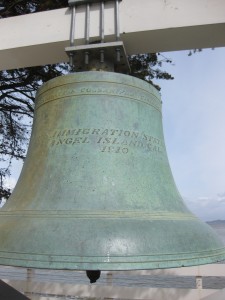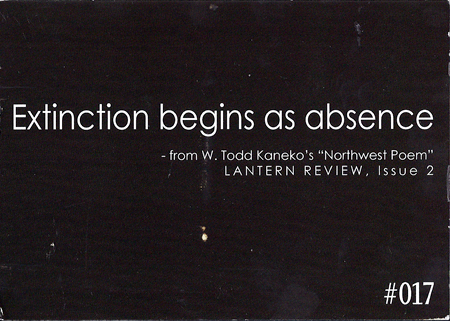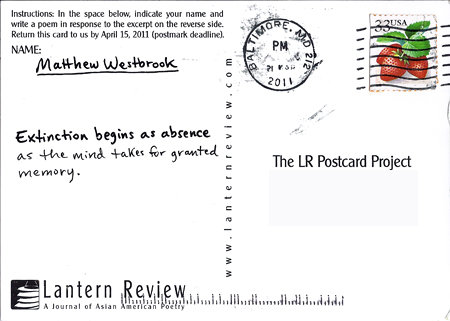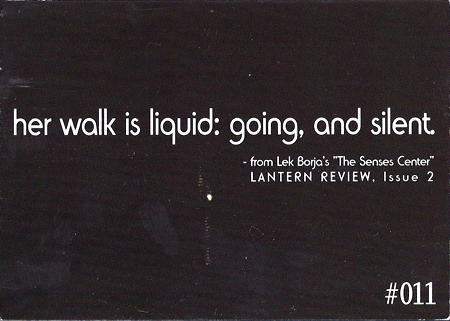It’s National Poetry Month! T.S. Eliot may have famously proclaimed April to be “the cruelest month,” but here at LR, plenty of exciting things are happening (yes, even despite the giant, fat snowflakes that I woke up to this morning here on the East Coast):
National Poetry Month Contest Prompts (sponsored by Kaya Press)
In celebration of the urge to translate idea and image into line and stanza, we will be posting a prompt submitted by one winner of our National Poetry Month Prompt Contest on each successive Friday of a full week in April, beginning with the 3rd runner-up on the 8th, and leading up to the Grand Prize winner on the 29th. Our big winner will receive a copy of Lisa Chen’s Mouth, thanks to the kind generosity of Kaya Press. Many thanks to all those who submitted a prompt! Please check back every Friday to see whether your submission has been chosen!
Reading Period for Issue 3
Looking for something to do with your responses to the contest-winners’ prompts? You’re in luck, because we will be reopening our reading period to submissions for Issue 3, starting next week. Time to dust off the poetry hat and get your revising on!
Continued Postcard Project Posts (Postmark Deadline: April 15th)
If you took home a postcard from AWP or received one in the mail, now is the time to send it in! Please don’t forget, our postmark deadline is April 15th. We will continue to post cards as we receive them. (A reminder that we also plan to choose a couple of postcards to feature in Issue 3, and participating in the Postcard Project does not preclude your submitting through our regular reading period, so if you’re hoping for an extra chance of your work being noticed this time around, sending in your postcard poem in addition to submitting through our electronic system is one way to go!)
Interviews with Oliver de la Paz and Sarah Gambito
We are very excited to have the honor of being able to publish interviews with two Asian American literary luminaries, Oliver de la Paz and Sarah Gambito, on our blog later this April. Be on the lookout for our staff writers’ interviews with these two distinguished poets.
. . . and More.
As always, we’ve got our regular columns (Sulu DC, Becoming Realer), but we’ve also got a few surprises up our sleeves, so keep your eyes peeled!
Happy Poetry Month,
Iris & Mia.









